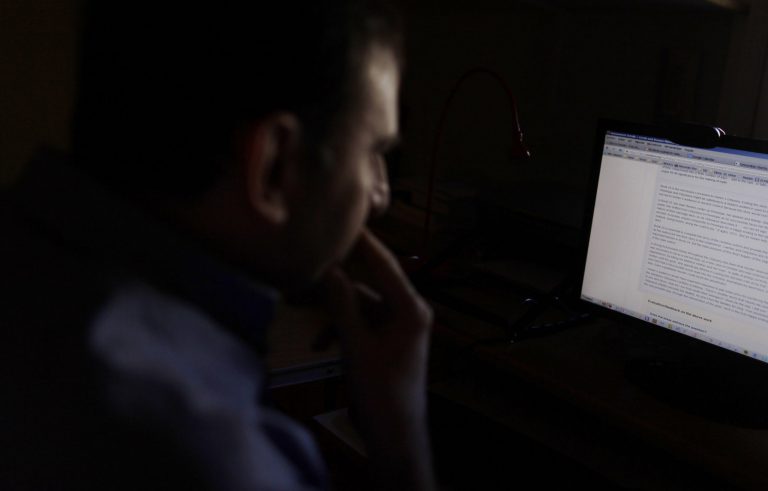
MOOCs were supposed to change the world.
In 2012, when the concept of Massive Open Online Courses (MOOCs) first hit the internet, we the consumers/students heard all about how they were going to change higher education and accessibility forever. Suddenly, anyone could enroll in a class taught by a professor at Harvard, Stanford or MIT, no matter where they were in the world, just so long as they had a reliable internet connection and the time to do their homework. The ivory towers, we were told by so many breathless commentators, were finally going to come tumbling down, and unequal access to quality college courses would quickly become a thing of the past.
Yet, three years later, relatively little has changed in the world of higher education — at least when it comes to the continuing necessity of a paper diploma.
In a March 5 column in the New York Times, Kevin Carey points out that enrolment in traditional colleges and universities in the US continues at the same pace it has for years, and that students and their families are still taking out exorbitant loans to cover the cost of tuition, which is higher now than ever. So what went wrong?
Nothing, really, according to Carey — the issue is with priorities among hiring managers and others in the “real world,” rather than the quality of online offerings.
“The failure of MOOCs to disrupt higher education has nothing to do with the quality of the courses themselves, many of which are quite good and getting better,” he writes. “MOOCs provide … access to world-class professors at an unbeatable price. What they don’t offer are official college degrees, the kind that can get you a job. And that, it turns out, is mostly what college students are paying for.”
Carey has a valid point — most undergraduate students are told they “must” complete a degree in order to be employable, and many salaried or higher-level jobs require at least a bachelor’s degree as a prerequisite. Without this important piece of paper, it can be nearly impossible to compete for desirable jobs.
Yet there still may be hope for the world of online education, and the students that stand to benefit from it.
“Free online courses won’t revolutionize education until there is a parallel system of free or low-fee credentials, not controlled by traditional colleges, that leads to jobs. Now technological innovators are working on that, too,” writes Carey.
He cites the Open Badges project, created by the Mozilla Foundation, the minds behind the Firefox browser. The project, which touts itself as “a new online standard to recognize and verify learning,” allows institutes of higher education and other entities to create their own degree or skills-based online program, which issues a “badge” upon completion to assert that the student has completed the course. Badges, then, are essentially online credentials proving knowledge or mastery of a particular skill set — with the added benefit of a digital “paper trail” to support it.
Universities such as Michigan State University and the University of Illinois at Urbana-Champaign have already signed on to the project, joining institutions like 4-H, the Smithsonian and the Dallas Museum of Art.
Such credentials, because they aren’t exclusively controlled by universities and don’t require students to be physically at the university in order to earn their degree, could go a long way toward pushing the equalizing of higher education that we all expected from MOOCs.
Still, Carey points out, these credentials won’t mean anything until hiring managers, graduate schools and other entities begin to take them as seriously as they do traditional undergraduate diplomas. The education revolution may have begun, but it still has a ways to go.
Liked this? You’ll love these…
MOOCS: the death of the academic or the birth of modern academia?
Shady network of “diploma mills” targets Arab and Western students







